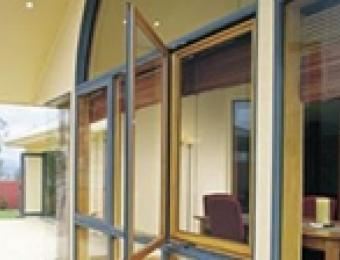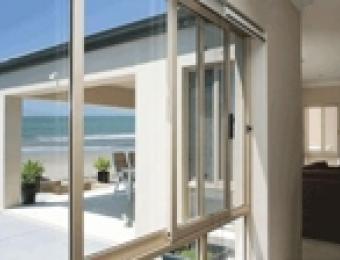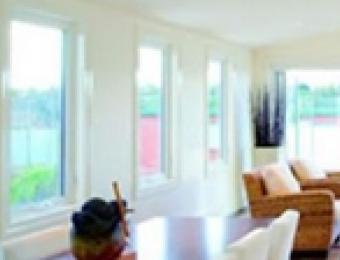Window frames can be made from aluminium, timber, uPVC, fibreglass, or a combination of these materials. Each offers different performance advantages in terms of durability, maintenance and energy efficiency.
Advertisement
Manufacturers will often specialise in one or two frame materials, it’s worth taking the time to find out about the pros and cons of all your options.
Although one window frame may offer significant benefits in one particular area, it may be at the expense of a feature better suited to your home window needs.
View the snapshot table below for a quick review of the common framing materials or compare each frame in more detail.
Snapshot of common window frames
| Cost | Maintenance needs | Energy efficiency | Durability | |
|---|---|---|---|---|
| Aluminium | Low | Very low | Poor (can be improved with a thermal break) |
Good |
| Timber | High | High | Very good | Poor (if not maintained correctly) |
| uPVC | High | Low | Very good | Very good |
| Composite (aluminium & timber) | High | Low | Good | Good |
| Fibreglass | High | Very low | Very good | Very good |
| *comparative to equivalent size and glass specification | *ability of the frame to insulate against the transfer of heat |
Aluminium window frames
- Economical
- Durable
- Low maintenance
- May allow heat transfer without thermal break
- Susceptible to condensation
Timber windows
- Aesthetically pleasing
- Great thermal performance
- Not as durable as other frames
- Requires a bit of maintenance
Advertisement
uPVC windows
- Long term durability
- Great thermal performance
- Limited colour range
- Darker colours fade over time
Composite windows
- Interior colour flexibility
- Good thermal performance
- Low maintenance for aluminium component
- Can be expensive










